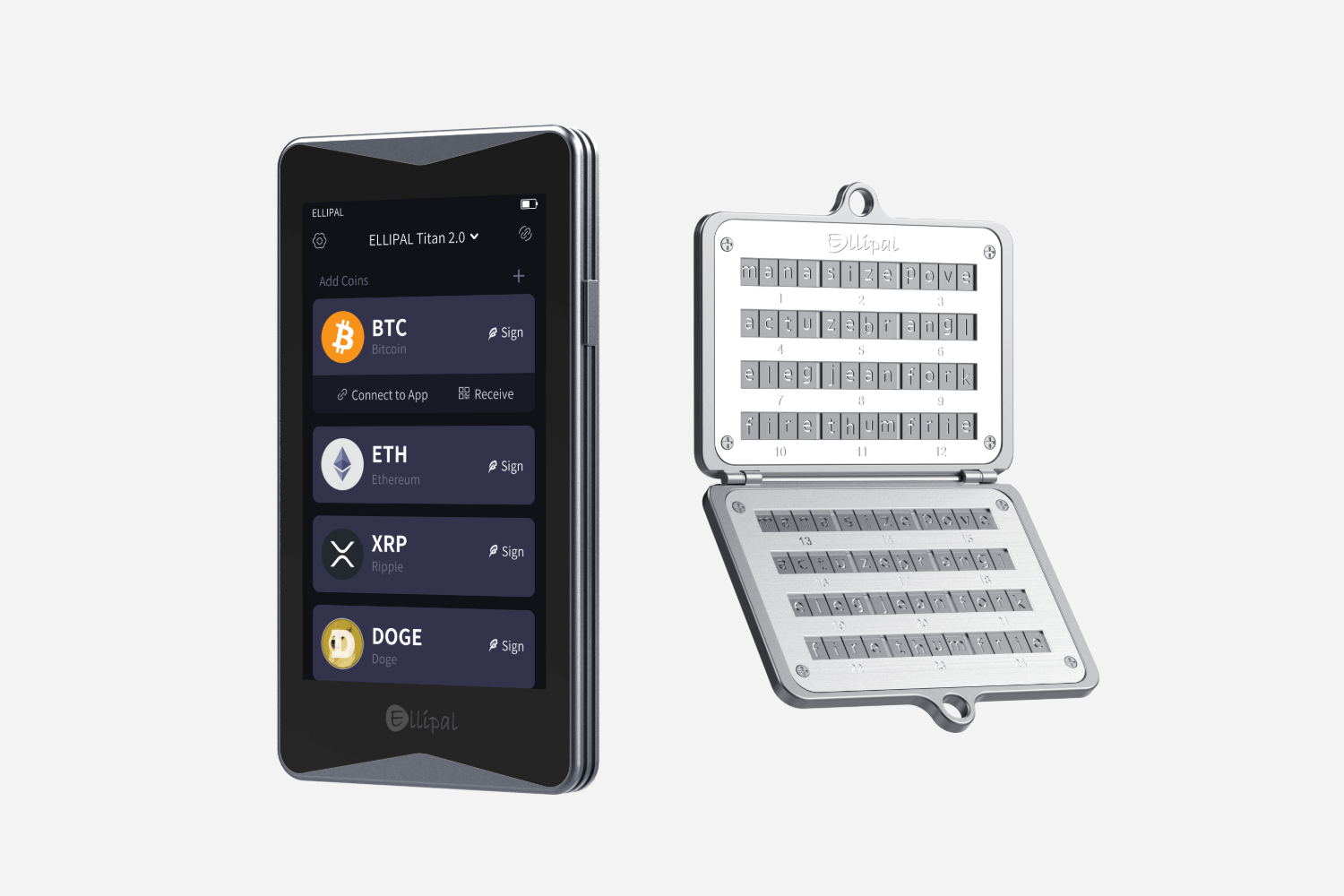In the ever-evolving world of cryptocurrency, securing your digital assets is paramount. One of the most effective ways to achieve this is through the use of a cold wallet. But what exactly is a cold wallet, and how does it differ from other types of wallets? In this article, we will delve into the intricacies of cold wallets, their functionality, and why they are essential for anyone serious about cryptocurrency security.

What is a Cold Wallet?
A cold wallet refers to a type of cryptocurrency wallet that is not connected to the internet. This disconnection from the web makes it significantly less vulnerable to hacking attempts and online threats. Cold wallets can take various forms, including hardware wallets and paper wallets. By storing your private keys offline, you ensure that your assets remain safe from cybercriminals.
How Do Cold Wallets Work?
Cold wallets operate by generating and storing private keys in a secure environment. Unlike hot wallets, which are always online and accessible, cold wallets require physical access to the device or paper where the keys are stored. Here’s how they typically function:
- Key Generation: When you create a cold wallet, a unique pair of cryptographic keys (public and private) is generated.
- Storage: The private key is stored offline, either on a hardware device or written down on paper.
- Transaction Signing: To make a transaction, you sign it with your private key, which can be done offline before broadcasting it to the network.
"Cold wallets provide an unparalleled level of security for your cryptocurrency assets." - Crypto Security Expert
Why You Need a Cold Wallet
Investing in a cold wallet is crucial for several reasons:
- Enhanced Security: By keeping your private keys offline, you significantly reduce the risk of theft.
- Protection Against Malware: Cold wallets are immune to malware attacks that target online wallets.
- Long-term Storage: They are ideal for holding cryptocurrencies that you do not intend to trade frequently.
Choosing the Right Cold Wallet
When selecting a cold wallet, consider factors such as security features, ease of use, and compatibility with various cryptocurrencies. Some popular options include:
- Ledger Nano X - A widely used hardware wallet known for its robust security features.
- Trezor Model T - Offers a user-friendly interface and supports a wide range of cryptocurrencies.

Conclusion
In conclusion, a cold wallet is an essential tool for anyone looking to secure their cryptocurrency investments. By understanding how cold wallets work and the benefits they offer, you can make informed decisions about safeguarding your digital assets. Remember, while no security measure is foolproof, utilizing a cold wallet is one of the best ways to protect your investments from potential threats.
For more information on cryptocurrency security, check out this informative video.





